GOHA Leadership Spotlight – Aaron Hipp
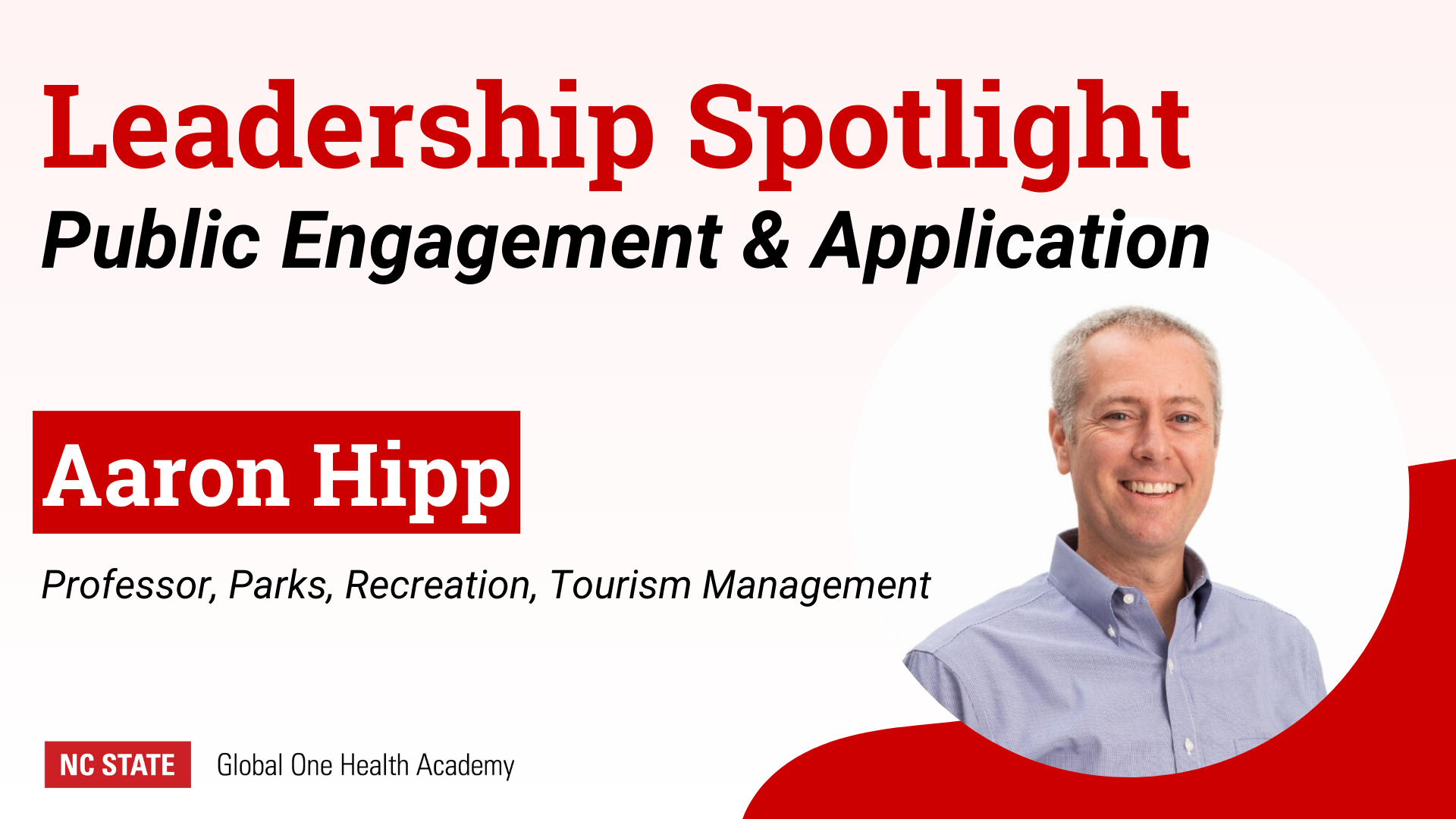
The Global One Health Academy Leadership Team devotes their time and expertise to help the Academy grow and prosper as a One Health leader. We had the chance to interview Aaron Hipp, GOHA Co-Lead for Public Engagement & Application and Professor in the Department of Parks, Recreation, and Tourism Management. Learn more about how Hipp uses his background in environmental psychology to support a healthy population through accessible outdoor spaces.
Where did you go to school and what did you study?
I went to Wofford College in Spartanburg, South Carolina. It is a small liberal arts school. I majored in biology under a pre-med track, but then I became more interested in ecology and shifted my focus, including studying coastal ecology in Scandinavia for a semester. After I graduated, I did one year of AmeriCorps VISTA, outside of Seattle. I did a curriculum called College of Hope which offered resources to assist unhoused families, including financial literacy and food nutrition. Then, I worked for two years as the Youth Program Coordinator at the Audubon Zoo in New Orleans. Here, I helped recruit and train rising seventh and eighth graders to become volunteers assisting and communicating with visitors at the zoo.
After all this, I decided to go to graduate school at the University of California, Irvine, where I pursued a Ph.D. in Social Ecology. It was a very unique and interdisciplinary degree. As a result I had to take classes and have advisors in four different departments, including environmental health science; psychology and social behavior; criminology, law, and society; and urban and regional planning. I was at UC Irvine for six years and ultimately found my passion for environmental psychology. Initially my Ph.D. started with more biology/ecology based research looking at stormwater runoff and how that was impacting the Newport Bay in Southern California. However, I found that I really did not enjoy lab work, so then I switched to more social science based human interactions. My dissertation was effectively an environmental psychology project.
What or who inspired you to pursue this career?
I have always enjoyed being outdoors. I grew up in the mountains of North Carolina and my grandparents also had a beach house, so I spent a lot of time outside. I was also an NC State fan, and my grandfather was an NC State engineering alumnus, graduating in 1937. In terms of who inspired me, I was fortunate to have many amazing science mentors throughout my academic career beginning with my middle school science teachers and ending with my Ph.D. committee and early career mentors at Washington University in St. Louis and here at NC State. When I was in middle school, I participated in the State Science Fair with a project related to stormwater runoff, which funnily enough is what I started my graduate school research in.
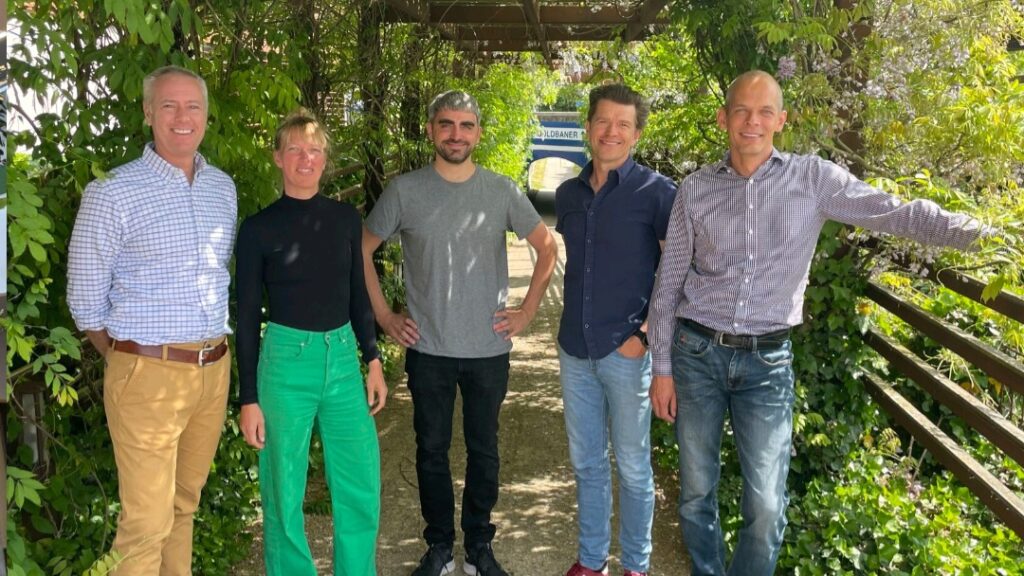
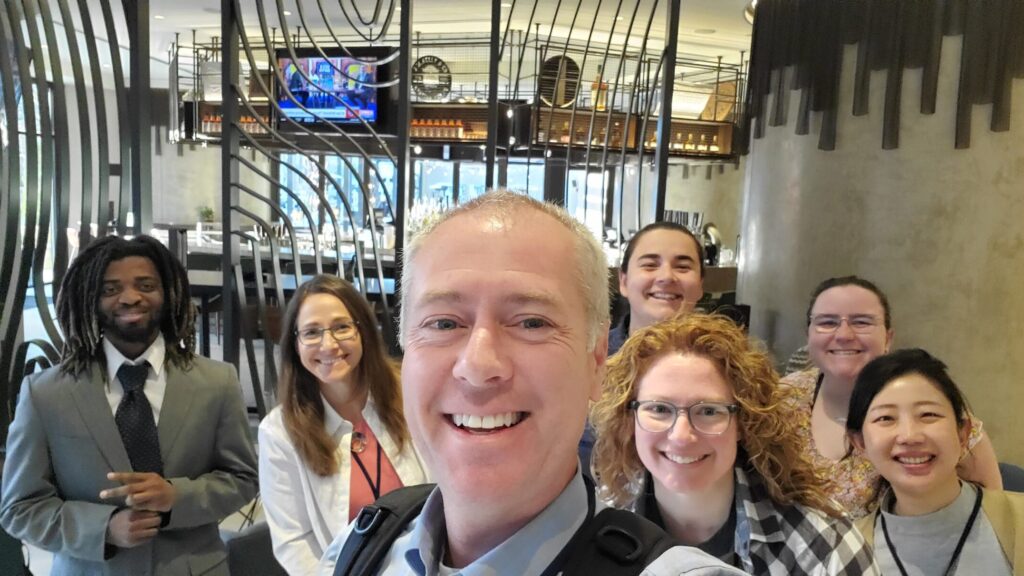
What do you research?
My research is focused on humans and outdoor activities. I am really interested in the policies and environments that support all of our communities to be outdoors for healthy living. I work on supporting access to healthy outdoors, ideally that is nature, but in urban areas that can be more challenging. Having access to healthy outdoor space offers many benefits not just for humans, but also for the environment.
What projects are you currently working on?
Right now, we are working with the U.S. Soccer Foundation to understand access to outdoor soccer, especially in low income communities. We are identifying current soccer pitches as well as locations that may support future soccer pitches prior to the 2026 World Cup. I am also working with the World Playground Research Institute to understand the use and design of playgrounds, especially neighborhood playgrounds that kids could frequent every day. I am working with the U.S. Centers for Disease Control and Prevention on the High Obesity Project, centered on 10 counties in Eastern North Carolina with an obesity rate over 40%. The strategy we have deployed is developing active routes to every day destinations. This effort also involves working with Head Start programs to ensure farm to table food options and effective outdoor play spaces.
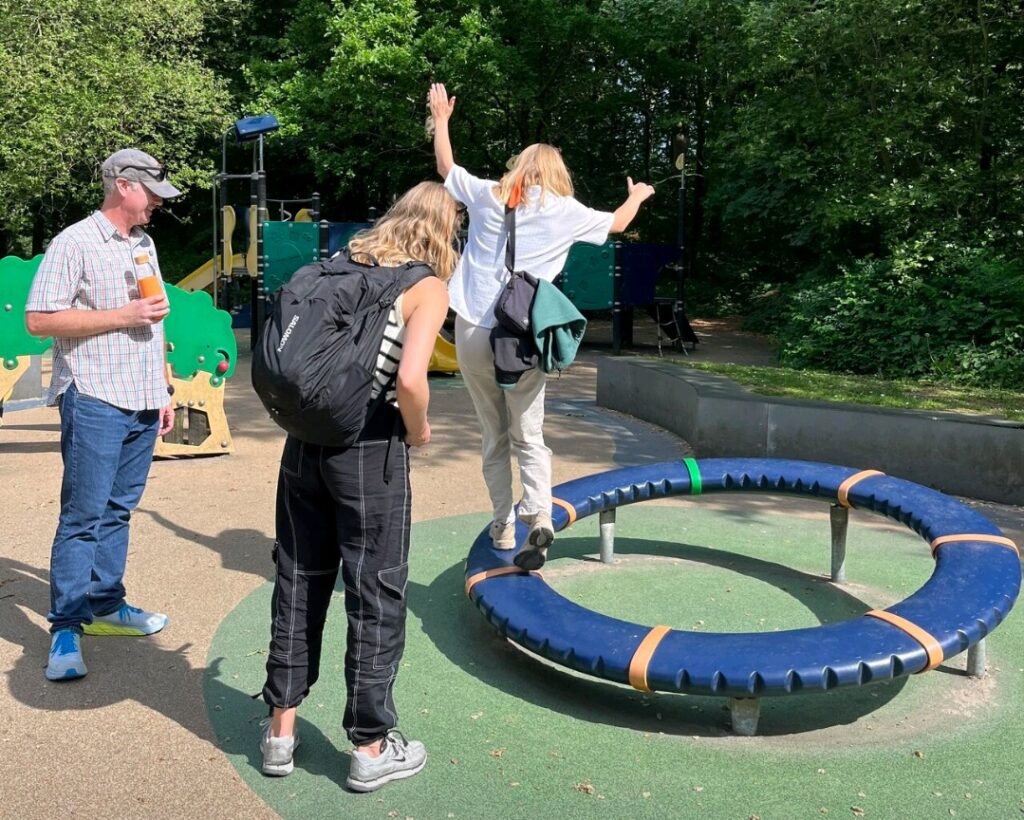
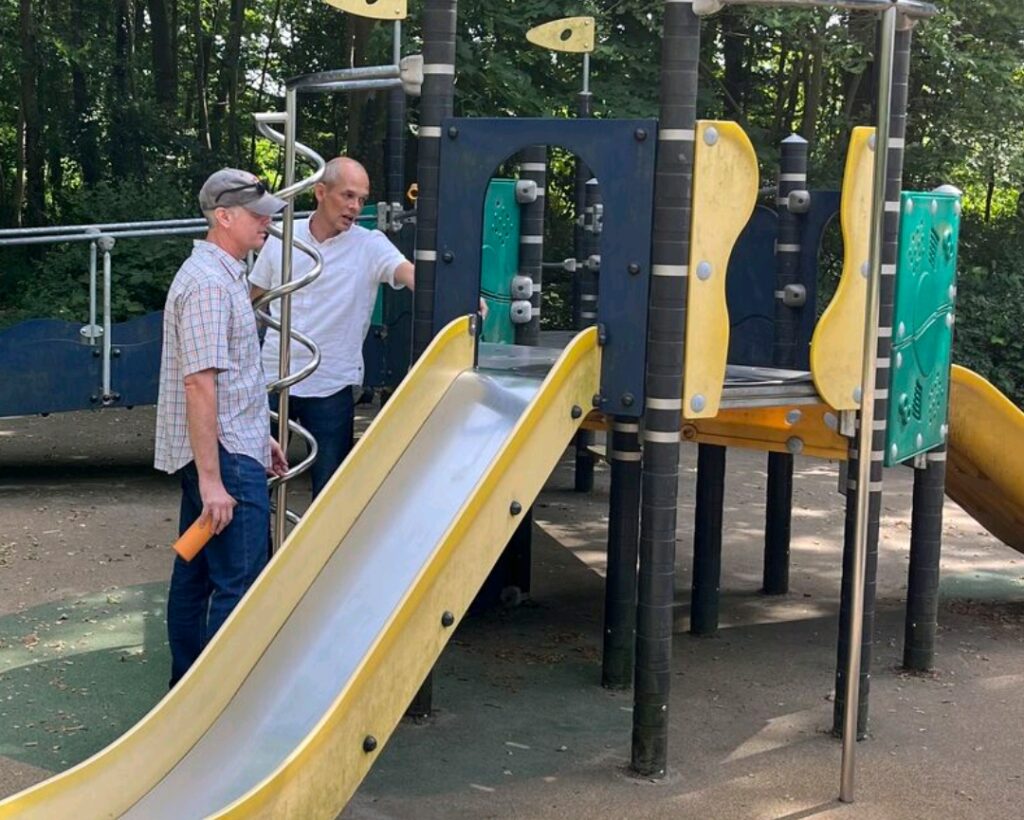
What is your favorite part of the job?
I really like research and evaluation that supports the community, such as community based participatory research. Before working at NC State I was a Public Health Instructor at Washington University in St. Louis where I specifically focused on the transdisciplinary challenges faced across the globe. Part of the reason why I came back to North Carolina and to NC State was so that my research and efforts could directly support the communities where I grew up. It is an amazing opportunity to be able to work for a land-grant institution and give back to the community. In addition to working with communities, I also really enjoy teaching and training students, primarily graduate students on research and evaluation.
What do you view as a critical global challenge in One Health, and how does your research help address it?
Our climate is changing, and our population continues to grow and expand, posing challenges to outdoor recreation opportunities. Developing healthy outdoor spaces requires not only the space but also the right equipment and/or programming to support a sense of belonging in the space. With the changing climate, we now are becoming more concerned with physical comfort rather than just emotional and social comfort. Environmental quality can play a vital role in whether or not one can enjoy outdoor spaces. For example, overly hot and humid weather along with flooding can impede an enjoyable outdoor experience. It can also increase the presence of unwanted pests, such as ticks and mosquitoes.
I had an experience with these pests recently during an outdoor experience with my family. While on a Father’s Day hike, we saw several signs warning about ticks, and unfortunately I ended up getting bit. This frightened my kids, taking away the excitement from our shared outdoor activity. Rather than engaging with nature and hiking, they stuck to the middle of the path and anxiously awaited returning back to the car. My wife and I have spent a ton of time outside and in natural settings so we are used to these kinds of nuisances, but we do understand the discomfort of mosquito bites and the very real fear of Lyme disease.
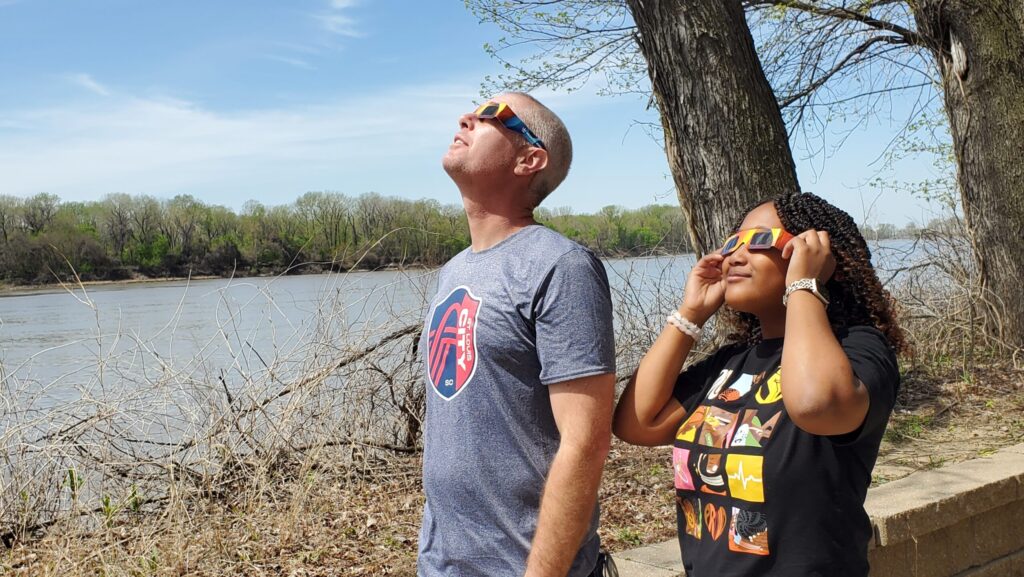
What does being a part of the Global One Health Academy mean to you?
NC State is a really large university packed with a diverse group of esteemed intellectuals. I have always been a fan of efforts that draw people of different backgrounds together. I also strongly believe in the positive impacts of being in nature and making sure that people have access to that nature in a positive way. The Global One Health Academy offers me a platform to communicate all that. It is super important now, and it is only going to become more important as we move forward into the future.
Recent Publication
“Birdwatching linked to increased psychological well-being on college campuses: A pilot-scale experimental study”
Authors: M. Nils Peterson, Lincoln R. Larson, Aaron Hipp, Justin M. Beall, Catherine Lerose, Hannah Desrochers, Summer Lauder, Sophia Torres, Nathan A. Tarr, Kayla Stukes, Kathryn Stevenson, Katherine L. Martin
Published: June 2024, Journal of Environmental Psychology
DOI: 10.1016/j.jenvp.2024.102306
Abstract: Exposure to nature is known to improve human health, but little is known about how one of the most common forms of nature engagement, birdwatching, impacts psychological well-being – especially among campus populations at great risk for experiencing mental health challenges. This study engaged 112 campus participants in a stepped design experiment evaluating the degree to which five >30 min weekly birdwatching (n = 62) and nature walk (n = 77) exposures impacted self-reported subjective well-being (WHO-5) and psychological distress (STOP-D) levels relative to a control group (n = 81). The directions of all relationships supported hypotheses that nature-based experiences, and birdwatching in particular, would increase well-being and reduce distress. These results build on preliminary evidence of a causal relationship between birdwatching and well-being and highlight the value of considering well-being impacts for specific types of activities in nature, underscoring the need for future research with larger and more diverse samples.
- Categories: